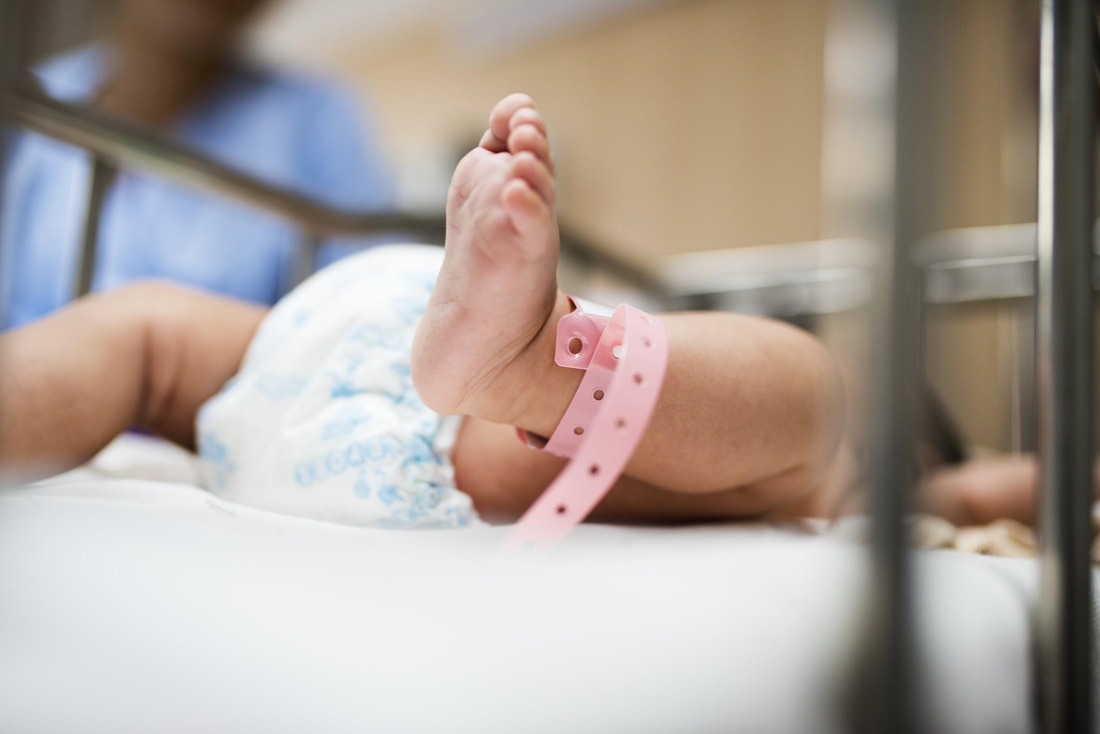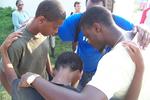
Youth With A Purpose believes that all children are gifted.
We sometimes invite folks with intimate knowledge of the struggles children face to write on our website.
Ashley Taylor is today's guest writer who has some valuable advice about loving children.
Preparing for Parenthood: Advice for Those With Disabilities
Photo courtesy of Pexels
Some individuals are born with a physical, mental, or emotional disability. Others acquire their disability during their childhood, adolescence, or adulthood. Whatever the case may be, living with a disability doesn’t always equate to missing out on life experiences - namely, parenthood. Millions of people with disabilities are also parents, though life planning changes a bit when living with a disability and preparing to welcome a baby. For anyone with a disability who is planning to become or about to become a parent, there are plenty of ways to prepare your home and your life for a new addition.
Fertility and Disability
During family planning, you might encounter fertility struggles; this is not uncommon for people with or without a disability. Although some conditions, such as Down Syndrome, can cause infertility, not all disabilities do.
For instance, many women with Primary Immunodeficiency Diseases (PIDD), such as Common Variable Immunodeficiency (CVID) and hypogammaglobulinemia, worry about the impact of their condition on their ability to conceive and to carry a healthy baby to term. Luckily for these hopeful parents, recent studies have shown that the rates of fertility and successful pregnancy are relatively positive in women with this condition.
Even if your disability is known to create fertility issues, you still have many options available. For instance, you might consider in vitro fertilization (IVF), surrogacy, or even adoption. These are just a few of the options available for those who wish to become parents, whether disabled or not.
Talking with Your Doctor
Before embarking upon the journey to parenthood, you should partner with a compassionate, qualified doctor. Along with helping you physically prepare for parenthood, your doctor can answer all kinds of questions you may have, including:
● Is your condition genetic?
● If so, what are the chances of passing it on to an unborn baby?
● Can you conceive naturally or will you need assistance through IVF treatments, oral medications, or surrogacy?
● Should you consider adoption?
Help, Support and Resources
After deciding to start a family, you’ll want to read parenting books, join support groups, and do your research about what to expect. Here are some of the many resources for disabled parents around the world:
● HealthyStart is an initiative for families of parents with learning difficulties.
● FamilyLivingToday offers product reviews and recommendations for parents of all abilities, plus advice on baby-proofing and child safety.
● The Easter Seals Thrive program supports young women with disabilities, including parents.
● The American Psychological Association (APA) offers a multitude of resources for parents with disabilities.
● Parents with Disabilities is an online resource for parents with disabilities.
Planning and Home Preparation
It’s important to plan for and purchase car seats and booster seats for your child. Try to do this before the baby arrives. When purchasing car seats or booster seats, you’ll want to consider which seats are the best fit for you and your baby’s needs.
When choosing a car seat or booster seat, consider the following:
● Minimum age, height, and weight requirements
● Expiration date (always make sure your seat is still safe for your child to use)
● Proper installation (rear-facing is safest)
● Cost (an all-in-one seat will last the longest, although they’re more expensive up front)
As you can see, there are many options available these days for becoming a parent even if you have a disability. If you have additional questions, it’s always a good idea to consult with your doctor, gynecologist, or support group. Remember, your disability doesn’t necessarily mean you can’t start a family. Just like any other parent, it will take some research and planning ahead to prepare yourself, your life, and your home for parenthood.

 RSS Feed
RSS Feed
